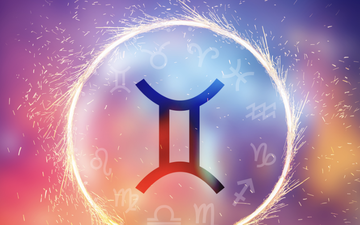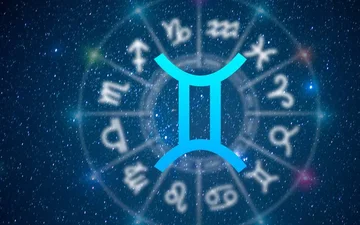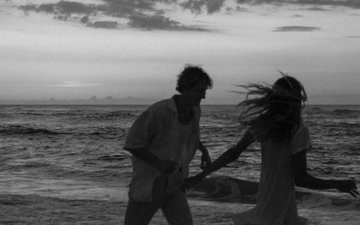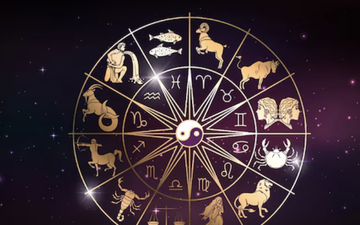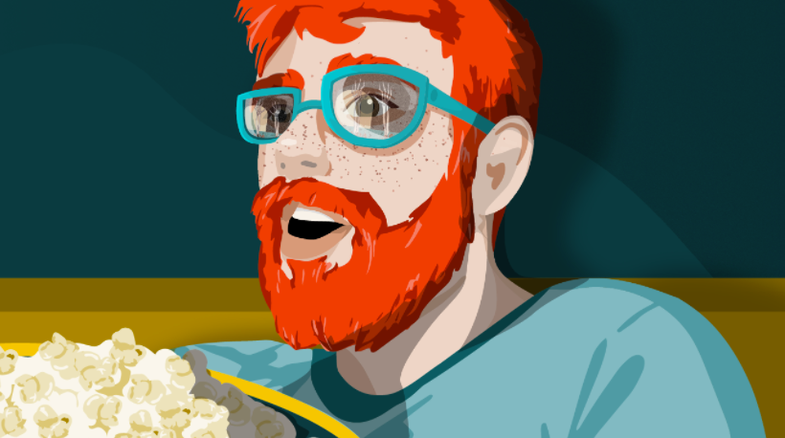
Monsters under the bed, zombies rising from the grave, and chainsaws are not exactly the first things that come to mind when trying to recall soothing images. However, for many people, horror movies are a way of finding peace within emotions and fears.
In an interview for the documentary "Fear in the Dark" (1991), director Wes Craven ("A Nightmare on Elm Street", "Scream") stated that "horror movies do not create fear, they liberate it". Our engagement with the things that frighten us can be a form of catharsis.
According to Kurt Oaklee, founder of Oaklee Psychotherapy in San Francisco, California, the experience with horror movies is similar to the practice of exposure therapy, where a patient faces stress in a controlled environment to reduce his or her impact over time.
"[Horror] can actually teach us how to better deal with stress in the real world," Oaklee told Healthline. "During a stressful movie, we are deliberately exposing ourselves to anxiety-producing stimuli. We learn how to manage stress in the moment. This practice can help us manage daily stress and fear. ”
Horror movies can help us cope with our fears. Feeling fear in a safe space can be a great relief.
"It's not uncommon for people to be drawn to thrillers or horror movies at stressful times," Oaklee said. "Horror movies force you to be very focused. Nothing matters except the horrible monster on the screen. During a global pandemic, this is very attractive."
Of course, beyond the psychology of fear, horror movies are just plain fun.
Burimet: Healthline, Psychology Today


